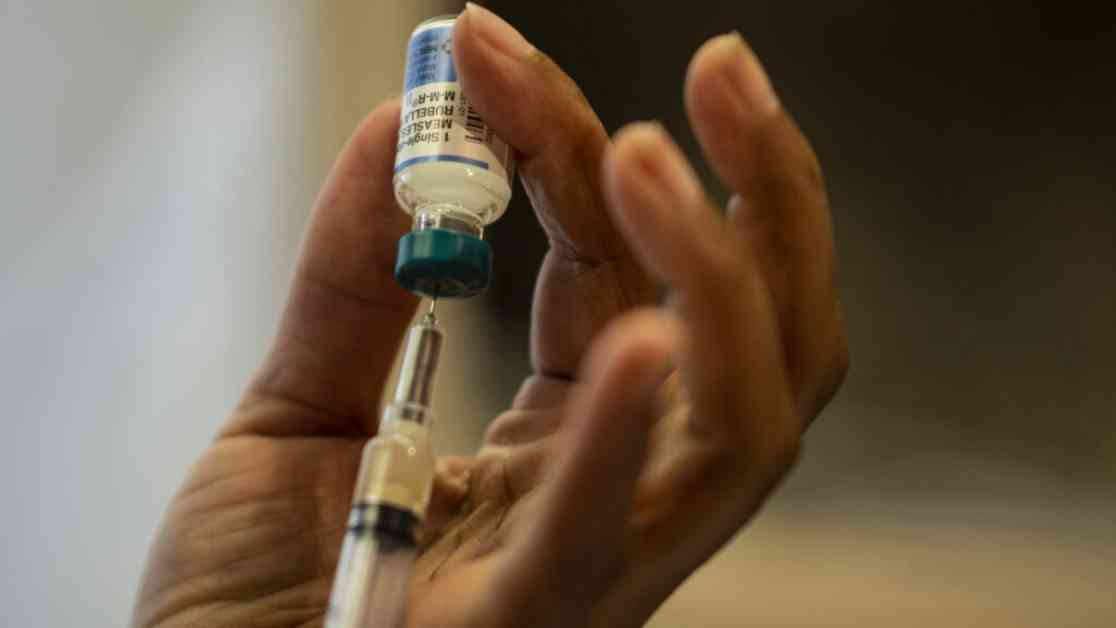Republicans are gearing up to take charge in Washington, with high hopes of turning their healthcare goals into reality. After years of being overshadowed by a Democratic White House and Senate, congressional Republicans and Trump campaign surrogates are eager to make changes to public health agencies and proposals to dismantle pandemic response infrastructure.
The rise of Robert F. Kennedy Jr. and his mission to combat chronic disease and regulate vaccines has sparked more scrutiny on the pharmaceutical industry. With a Republican Senate and White House, significant changes could be on the horizon for top healthcare priorities. If the House remains under Republican leadership, even more transformation might be possible.
One of the key areas of focus is pharmaceutical drug ads. RFK Jr. advocates for ending television drug advertisements, a sentiment echoed by Calley Means, a member of the MAHA inner circle. However, legal experts argue that banning drug ads may pose constitutional challenges due to freedom of speech protections. Despite attempts by Trump to regulate drug ads by requiring drugmakers to disclose list prices, the move was blocked by a federal court.
Another contentious issue is vaccine approvals and legal immunity. Individuals within the Trump campaign, including RFK Jr., have expressed skepticism towards vaccines. Kennedy’s beliefs that vaccines cause autism have raised concerns about how he might influence vaccine regulation and distribution. While state health officials decide which vaccines to recommend, the FDA and CDC play pivotal roles in regulating and recommending vaccines.
RFK Jr. has also been vocal about his opposition to water fluoridation, advocating for its removal. However, experts question the scientific basis for his claims and the extent to which a Trump administration could impact current regulations on fluoridation. The regulation of fluoride in water supplies falls under state jurisdiction, limiting the federal government’s authority on the issue.
Public health and science agency overhauls are also on the agenda, with RFK Jr. claiming that Trump promised him control over public health agencies. Proposed reforms include restructuring NIH, retooling its funding, and potentially eliminating certain CDC programs. However, the extent to which these reforms will be implemented remains uncertain.
When it comes to reproductive care, Trump has expressed opposition to a national abortion ban but has not addressed other potential restrictions on abortion access. The administration’s stance on regulations for the abortion pill mifepristone and in vitro fertilization coverage remains ambiguous.
Pandemic preparedness is a critical issue that the Trump administration will have to navigate, especially in the wake of the ongoing coronavirus pandemic. Questions loom over the potential disbanding of the White House Office of Pandemic Preparedness and Response and the administration’s approach to global health security.
Finally, addressing addiction and harm reduction presents a complex challenge for the new administration. While the Biden administration made strides in expanding access to medications like methadone and embracing harm reduction strategies, the future of these policies under a second Trump term remains uncertain. The role of RFK Jr. in shaping addiction policies also adds a layer of complexity to the discussion.


















